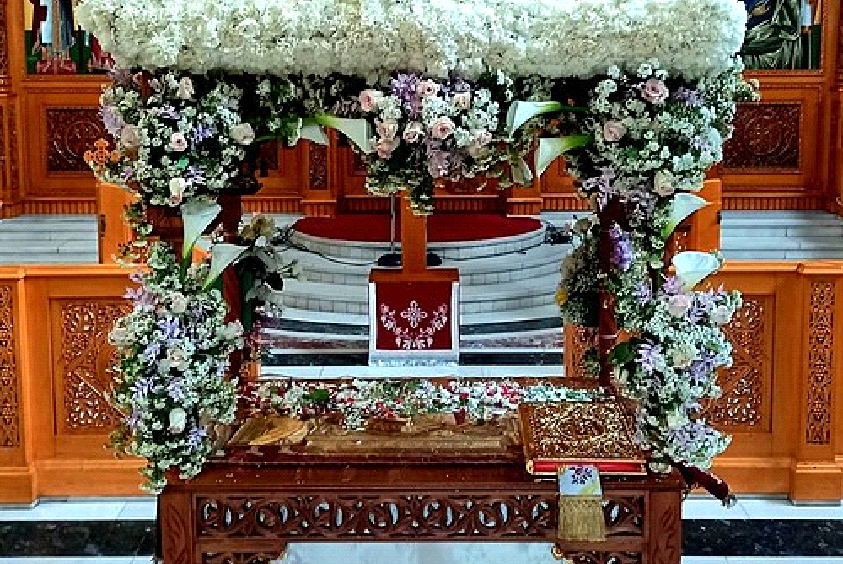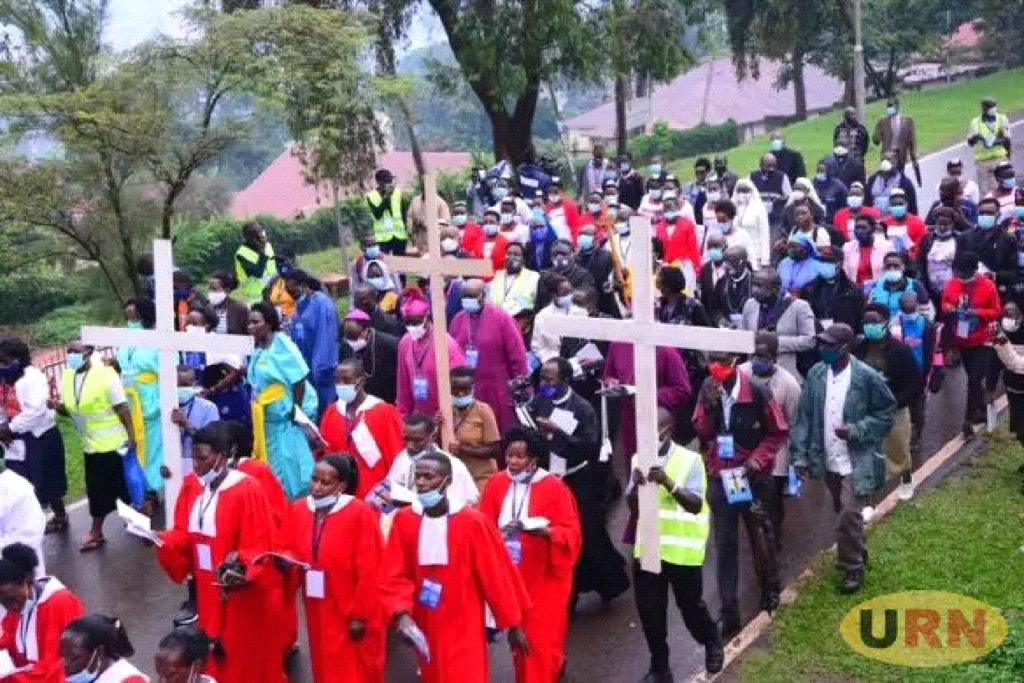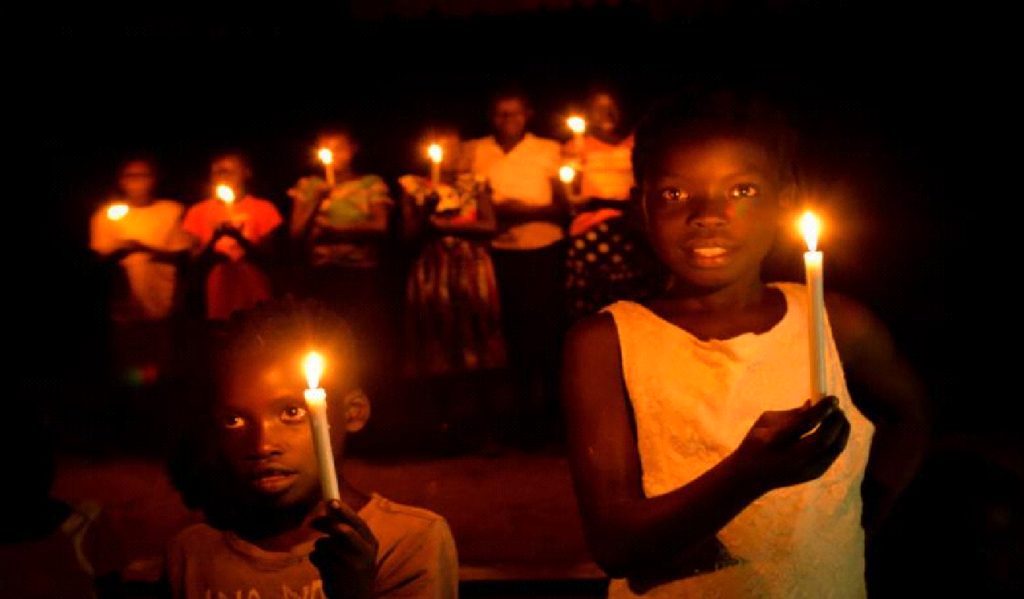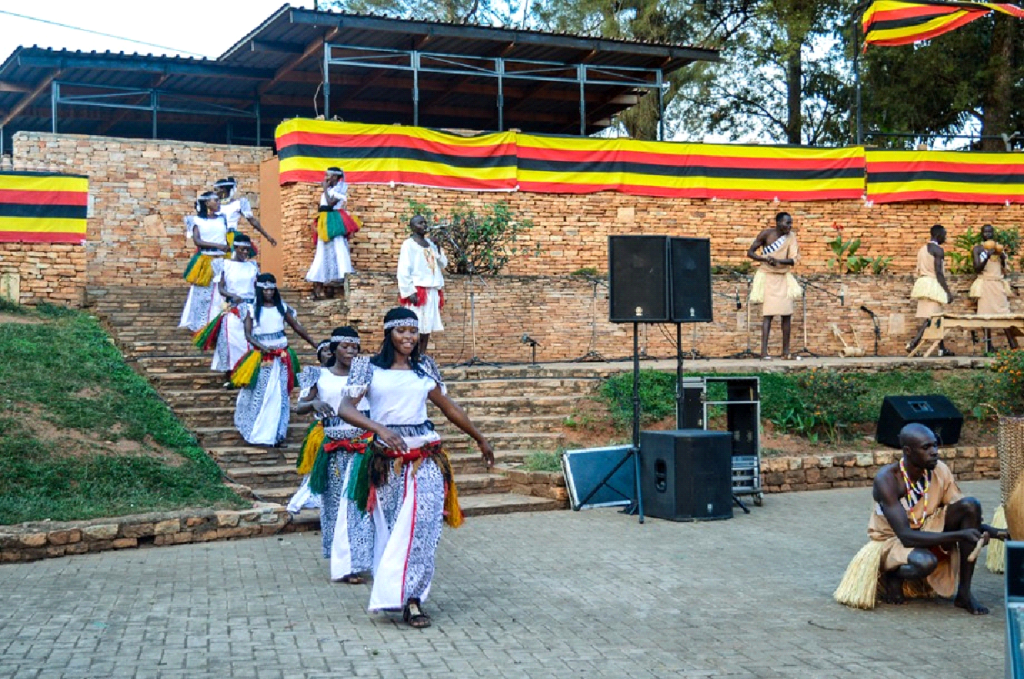How Easter is Celebrated in Uganda

Easter is a significant holiday in Uganda and it is celebrated by the majority of the population, which is predominantly Christian. Ugandans observe this holiday in different ways, with various traditions and customs that have been passed down through generations. In this article, we will explore how Easter is celebrated in Uganda.

Courtesy photo
Easter is a three-day holiday in Uganda, with Good Friday, Easter Sunday and Easter Monday being observed as public holidays. On Good Friday, Christians in Uganda commemorate the crucifixion and death of Jesus Christ by attending church services. Many churches hold special services that focus on the suffering and sacrifice of Jesus, and some Christians choose to abstain from food or certain activities on this day as a form of penance.

Photo by New Vision
On Easter Sunday, Ugandans celebrate the resurrection of Jesus Christ from the dead. It is a joyful day, and many Christians attend church services, often dressed in new or special clothing. Some churches hold sunrise services, which begin before dawn and continue as the sun rises, symbolizing the new life that comes with the resurrection.
In addition to attending church services, Ugandans celebrate Easter in other ways as well. One common tradition is the sharing of food and gifts. Families and friends gather together to share meals and exchange gifts, such as clothing, toys, or sweets. It is also common for people to give to those in need, such as the elderly, orphans, or the sick.

In some parts of Uganda, there are also traditional dances and music performances that take place during Easter. These performances often involve colorful costumes, drumming, and singing, and are a way for people to celebrate and express their joy.

In conclusion, Easter is an important holiday in Uganda, and is celebrated by Christians in various ways. From attending church services to sharing meals and gifts, to lighting Easter fires and performing traditional dances, Ugandans mark this holiday with a blend of religious and cultural traditions that reflect their unique heritage and beliefs.







